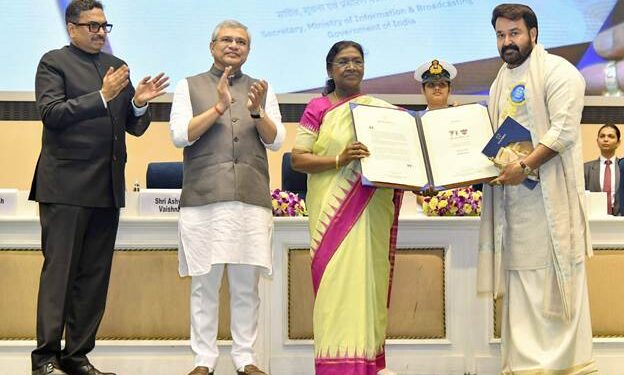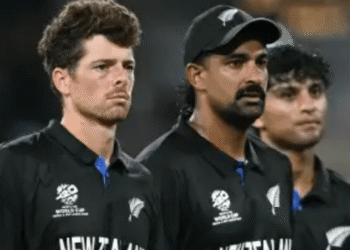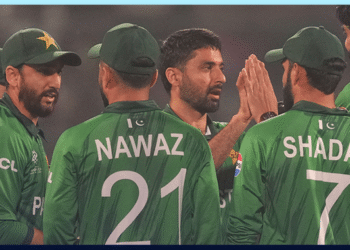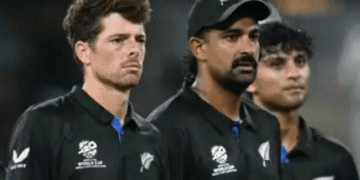In a glittering ceremony at Vigyan Bhawan, President Droupadi Murmu conferred the 71st National Film Awards, celebrating the vibrant tapestry of Indian cinema.
The event, attended by luminaries from the film industry, government officials, and enthusiasts, underscored cinema’s role not just as entertainment but as a catalyst for social awareness and national unity.
President Murmu, in her address, emphasised that Indian films mirror the country’s democratic spirit and cultural diversity. “Cinema should not only be popular but also serve the larger public interest,” she stated, highlighting how films awaken society, instill sensitivity, and educate the youth. She praised the growing representation of women in the industry, urging for equal opportunities both on and off the screen. “When provided equal opportunities, women can excel and achieve extraordinary success,” she added, noting the meaningful participation needed behind the scenes as well.
A highlight of the evening was the conferment of the prestigious Dadasaheb Phalke Award to Malayalam cinema icon Mohanlal for his over four-decade-long contribution. Described by the President as a versatile artist who has upheld India’s cultural ethos, Mohanlal’s journey from theatre to global acclaim was lauded. His performances in films like *Vanaprastham* and the Sanskrit play *Karnabharam* were cited as exemplars of his talent. The hall erupted in a standing ovation as Mohanlal accepted the honour, calling it “magical and sacred.” He dedicated the award to the masters of Malayalam cinema and the entire film fraternity, affirming that “cinema is the heartbeat of my soul.”
Union Minister for Information and Broadcasting Ashwini Vaishnaw echoed the celebratory mood, hailing Mohanlal as a “true legend.” He outlined the government’s forward-looking initiatives to bolster the creative economy, aligning with Prime Minister Narendra Modi’s vision for Viksit Bharat by 2047. Key announcements included promoting indigenous film equipment production, strengthening the live concert sector, and preparing model state cinema regulation rules. Vaishnaw also highlighted the success of the Waves 2025 summit and the launch of the International Institute of Cinema and Technology (IICT) in Mumbai, offering courses in collaboration with global giants like Meta, NVIDIA, Microsoft, and Google.
The awards recognised a diverse array of talents across categories. Shah Rukh Khan shared the Best Actor award for his commanding performance in *Jawan*, blending spectacle with emotional depth, while Vikrant Massey was honoured for his inspiring role in *12th Fail*, a story of resilience against odds. Rani Mukerji clinched Best Actress for her poignant portrayal in *Mrs. Chatterjee vs Norway*, evoking the struggles of motherhood.
Supporting roles were equally celebrated: Vijayaraghavan and Muthupettai Somu Bhaskar as Best Supporting Actors, and Urvashi and Janki Bodiwala as Best Supporting Actresses. *12th Fail* was named Best Feature Film, reflecting tales of aspiration. In non-feature categories, *Flowering Man* won Best Non-Feature Film, and *God Vulture and Human* took Best Documentary. Emerging frontiers were acknowledged with *Hanu-Man* as Best Film in AVGC (Animation, Visual Effects, Gaming & Comics) and *Giddh: The Scavenger* as Best Short Film.
President Murmu also commended young and child artists for their innovative contributions, including six honoured child performers, and appreciated cinema’s increasing focus on environmental issues.
Ministry Secretary Sanjay Jaju summed up the spirit: “Cinema is a celebration of stories, dreams, and shared experiences.” The event, themed “Ek Desh, Hazaron Kahaniyan, Ek Junoon” (One Country, Thousands of Stories, One Passion), reaffirmed Indian cinema’s global potential.

































